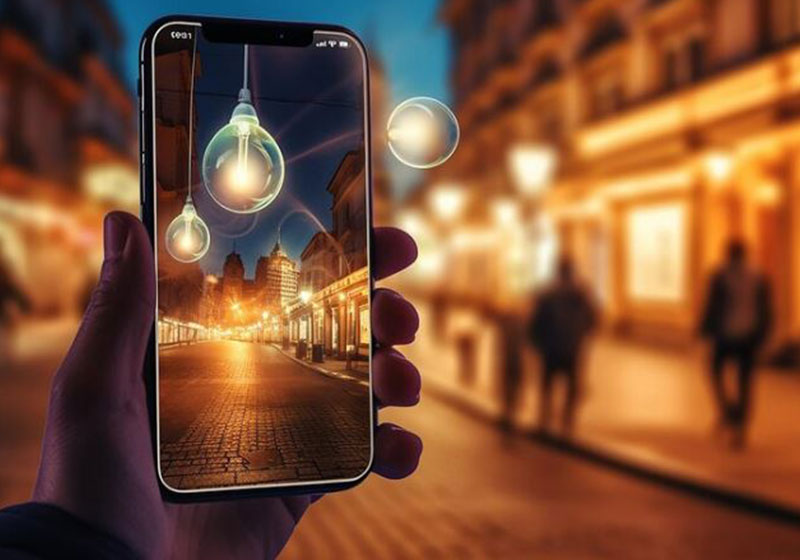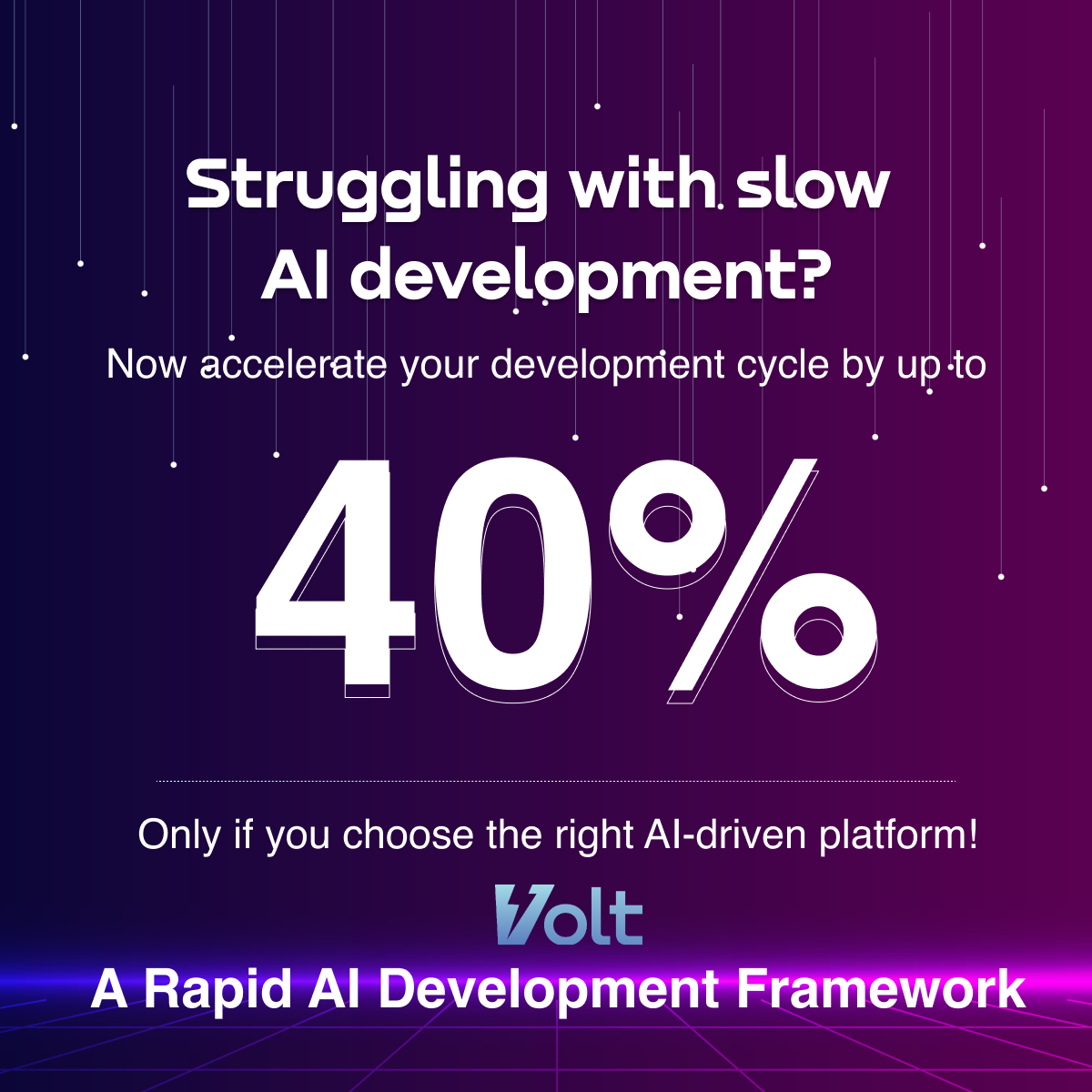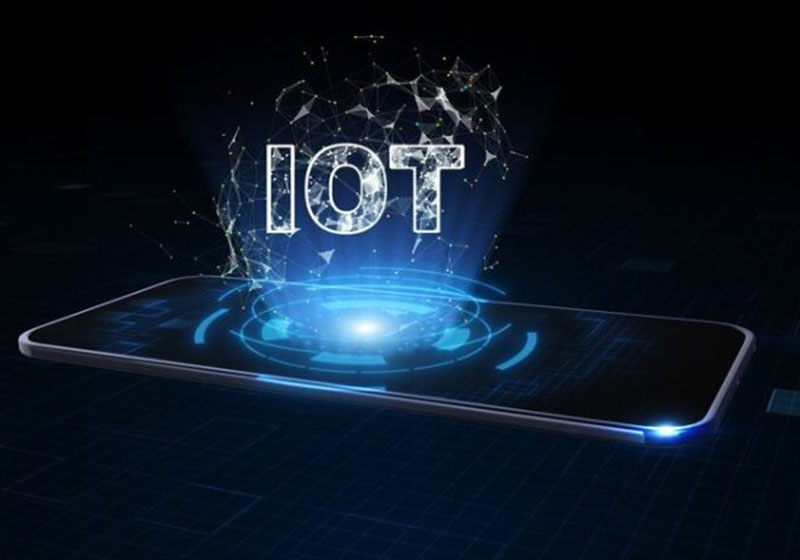Mobile Applications
Mobile Apps in Healthcare: Driving Patient Engagement and Accessibility
 Updated 01 Nov 2023
Updated 01 Nov 2023

In recent times, mobile applications have spearheaded revolutionary changes across various industries, with healthcare being a prominent example. The healthcare industry witnessed a major transformation by leveraging the power of mobile applications. A healthcare application of late plays a crucial role in engaging patients and thus brings tremendous opportunities for healthcare businesses to grow. It has given a significant boost to healthcare app development.
Mobile apps have emerged as robust tools that connect patients with healthcare service providers, enabling seamless communication between them, with Q3 Technologies leading the way in delivering exceptional solutions. These mobile apps have significantly improved the patient experience by ushering in a new era of personalized care, benefiting from Q3 Technologies’ expertise and innovation.
Partnering with a professional healthcare app development company like Q3 Technologies empowers individuals to take control of their health like never before. Let’s delve into some crucial facts about how Q3 Technologies, through their mobile app solutions, have brought about a revolution in the healthcare sector, enhancing the lives of countless patients and healthcare providers alike.
Ensure Improved Patient Engagement
Indeed, one of the major advantages of mobile applications lies in their ability to boost patient engagement. When you enlist the expertise of top-rated healthcare app development services, they design and develop apps with advanced features and functionalities dedicated to improving patient engagement. Now, let’s delve into how healthcare apps ensure higher patient engagement and its importance in the healthcare industry.
- Patients who use smartphones can access healthcare apps to monitor and track signs and symptoms. Whether patients want to record their blood pressure, glucose levels, heart rate, or other health parameters, they can do it easily by using healthcare apps. Another advantage of these apps is that one can integrate them with wearable devices, which ensures real-time monitoring and allows patients to access the updated data with higher accuracy.
- Healthcare mobile applications help patients gather vital information related to medicine and education. It helps them make an informed decision related to their health. Mobile apps provide enough educational content to help people gather complete information related to their treatment options as well as various prevention measures. These tools provide self-care management as well, including nutrition tracking, personalized nutrition tracking, medication reminders, and more.
- Remote video consultation has gained significant popularity among healthcare patients, especially during the COVID-19 pandemic. This convenient method allows patients to receive comprehensive medical advice, prescriptions, and diagnoses from the comfort of their homes. The remote approach proves particularly advantageous for individuals residing in remote areas, who might otherwise face challenges in traveling to a doctor’s location for in-person consultations.
- Living with any disease can be an immense challenge for patients, and the importance of social support cannot be overstated. Mobile applications in the healthcare industry offer a significant advantage by providing opportunities for patients to connect with others who share similar experiences. Through in-app support groups and forums, patients can find valuable social support, exchange knowledge, and share their journey, fostering a sense of community and understanding that can be immensely beneficial for their well-being.
Improve Healthcare Accessibility
Healthcare mobile application development plays a crucial role in enhancing the accessibility of healthcare services, ensuring that individuals can conveniently and easily access the required medical assistance they need.
- In the past, appointment scheduling for healthcare professionals was a challenging and time-consuming task. However, with the advent of healthcare apps, the process has become streamlined and time-efficient. These apps enable patients to easily reschedule, book, or cancel appointments, reducing their waiting time and enhancing their overall experience. Automated notifications and reminders also help minimize missed appointments, further improving efficiency.
- Mobile apps enable easy access to medical records, eliminating paperwork and reducing the risk of misplaced files. With just a few taps, patients can retrieve lab results, medical histories, and diagnostic reports, enhancing overall convenience and efficiency.
- Patients find difficulties when it comes to managing various medications and also following the prescribed treatment plans. Thanks to the custom healthcare app development offering a hassle-free process by providing digital prescriptions and also integrating with e-pharmacies. It enables patients to track their medical schedules, request medication refills, etc. These features minimize medication errors.
- Patients having chronic disorders often need ongoing monitoring. Mobile apps cater to them with remote patient monitoring abilities. It helps patients transmit data, including heart rate, blood glucose level, oxygen saturation, etc, to those who provide healthcare services in real-time. Continuous mentoring brings possibilities for early detection of potential complications and also timely interventions. Apart from this, patients get necessary healthcare services through mobile applications and also the required support from the comfort of their homes.
Exemplary Healthcare Mobile Apps: Leading Examples in the Industry
The healthcare industry has seen a surge in mobile apps due to rapid app development for healthcare. These apps serve different purposes and address specific challenges and requirements faced by patients.
Fitness Apps
The credit goes to the emergence of various fitness apps that help patients adopt healthy lifestyles and ensure their well-being. They include various features such as exercise routines, activity tracking, sleep monitoring, and more. When users allow these apps with wearable devices, they can monitor their regular physical activities and also get a fully personalized recommendation when it comes to maintaining a healthy lifestyle.
Telemedicine Apps
Telemedicine platforms are among the top-rated healthcare and fitness apps, providing virtual healthcare services to patients. Through these apps, patients can connect with healthcare professionals via video consultations, ensuring effective treatment and follow-up care. Many telemedicine apps also offer additional features such as appointment scheduling, online prescription services, secure messaging, and more, further enhancing the patient experience and convenience.
Conclusion
The revolutionary impact of mobile apps on the healthcare industry cannot be overstated. These apps have transformed the way medical services are accessed, providing patients with unparalleled convenience. Throughout the blog, we have seen how mobile apps drive higher patient engagement, enabling seamless communication, personalized care, and access to essential medical information. With a focus on incorporating cutting-edge technologies like Artificial Intelligence, Q3 Technologies is paving the way for a promising future in the healthcare sector. As we continue to embrace the advancements and innovations led by Q3 Technologies, the healthcare landscape is destined to become more patient-centric, efficient, and transformative than ever before. Their dedication to excellence in mobile app development ensures that the healthcare industry will continue to experience unprecedented growth, improved patient outcomes, and enhanced overall healthcare accessibility.
Explore More

Mobile Applications


